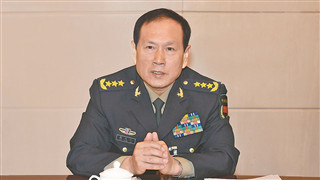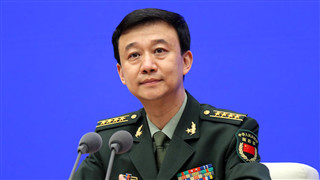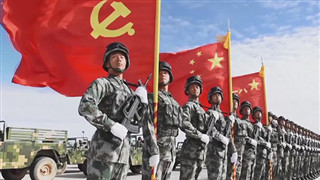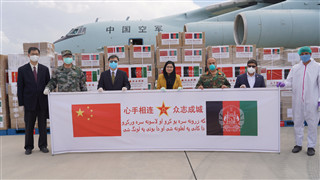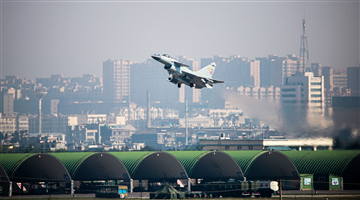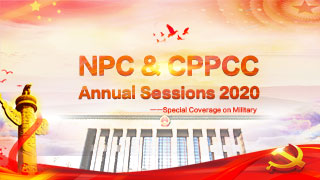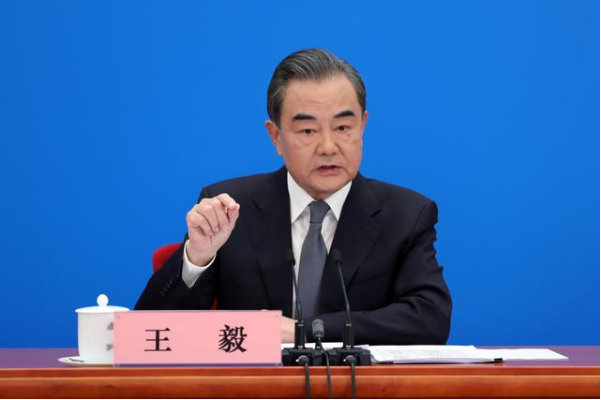
By Shen Dingli
On May 24, Chinese State Councilor and Foreign Minister Wang Yi said at a press conference during the two sessions about China-US relations that it is now necessary to be vigilant as some US political forces are abducting China-US relations, trying to push China-US relations to the so-called new Cold War and such dangerous attempt turns back the wheel of history. Wang Yi's statement showed China's sharp-cut opposition to the current China-US decoupling.
For some time, politicians in Washington and the public opinion have expressed one after another about the "decoupling between China and the US". After the COVID-19 outbreak this year, the likelihood of such remarks becoming policy actions under the leadership of the US government is increasing. Recently, the US has strictly controlled high-tech exchanges with China and escalated the restrictions on Huawei. Besides, the US also added 33 Chinese enterprises and institutions to its “Entity List”, which imposes restrictions on the import, export, and exchanges. According to media reports, the White House is also planning to invest tens of billions of dollars to encourage American companies in China move business back home. US President Donald Trump even threatened that many things can be done to deal with China, including cutting off the whole China-US relationship.
The problem is that cutting off the whole relationship will also fundamentally damage the interests of the US. In the short term, the US exports about $300 billion worth of goods to China every year. Does the White House plan to give up such a huge export market and economic benefits? In the medium and long term, facing new threats from extremism, terrorism, and proliferation of nuclear weapons, does the US intend to go it alone in an uncertain future?
Obviously, the statement about cutting off the whole relationship is not mature. The US government is considering cutting off cooperation in those areas that are closely related to US strategic and security interests under extreme circumstances. For example, cooperation in high-tech trade and manufacturing. The US government has already begun to use administrative power to set up isolation for cooperation between the two countries in these areas.
In terms of long-term observation, all the US government's efforts to promote "America First" with extreme measures cannot work for ever. How could the US continue to promote trade as a nation if multilateral goods flow is blocked? The US approach is not intended to promote "hemisphericalization", that is, only the US exports and the rest of the world imports. This obviously cannot be sustained. Today's selective globalization promoted by the US aims to enhance US exports and employment while maintaining global goods flow, and to implement adjustments to the global industrial chain that are beneficial to US security and economy after the pandemic.
China-US cooperation serves the interests of the two sides. Since China's reform and opening-up, China has greatly accelerated its modernization process through cooperation with the US. The cooperation and support of the US government and the people at all levels for China-US education has benefited the majority of Chinese students and scholars. This kind of cooperation is also two-way as the US also receives incalculable brain gains from academic exchanges.
During the global pandemic, American associations, companies, and people reached out to China in the early stage; after the outbreak in the US, the Chinese government, localities, and people from all walks of life also actively returned favors and donated a large amount of emergency medical supplies to the US and facilitated US procurement in China. In terms of masks, China has exported more than 12 billion pieces to the US, which is equivalent to providing nearly 40 masks to every American.
Earlier this year, China and the US reached a phased outcome after nearly two years of "fight and negotiation" around the economic and trade differences, and formally signed the U.S.-China phase-one trade deal. Under the impact of the pandemic, whether the deal can be implemented has aroused strong concern from the outside world. The joint implementation of the U.S.-China phase one economic and trade agreement has been included in China's 2020 government work report. It has effectively responded to some murmurs in international public opinion and also demonstrated China's national credibility and sincerity.
It is China's strategic strength to jointly implement the US-China phase-one trade deal, promote the US to abide by its commitments, and correctly understand China's established position on safeguarding the cooperative interests of the two countries.
(The author is a professor at the Institute of International Studies, Fudan University)


